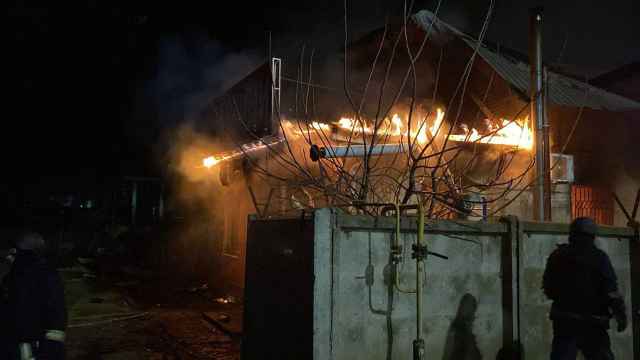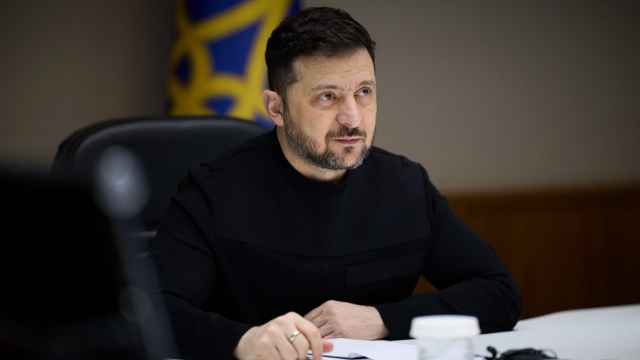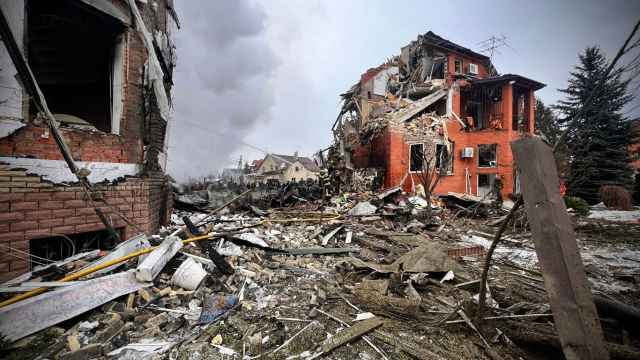According to a recent Levada Center survey, 45 percent of voters supported United Russia.
Among opposition parties, respondents had the most support for the Party of People’s Freedom, whose political program is based on the slogan “For a Russia Without Arbitrariness and Corruption.” These are good results given that the party was founded a month ago, but it earned only 2 percent of voter support nationally (7 percent in Moscow). Even if the party is registered in mid-2011— a big if — it will not be eligible for the December Duma elections because according to election law, a party must be registered at least a year before elections.
Every other opposition party, including Yabloko, received even lower results. It isn’t possible to determine which among them is the least popular because all of their results are lower than the margin of error.
But the current poll does not account for two serious factors that could significantly influence the results of the Duma elections in December. The first is the “Putin factor” — that is, the increase in support United Russia can expect if Prime Minister Vladimir Putin heads the party’s list.
The other factor is an opposite scenario — a “crisis of confidence” that could negate those gains and strip United Russia of 10 percent of its voter base if it enters the elections without its “national leader” at the helm. A crisis of confidence might be seen in such regions as Kaliningrad, Sverdlovsk and Irkutsk where voters are “sick and tired” of the authorities, and is connected with mid-level officials in regions where the political machines that once faithfully produced record levels of support for United Russia have since been heavily damaged or outright destroyed. These include the regions of Moscow, Bashkortostan, Tatarstan and, to some extent, Rostov, where United Russia scraped together just 20 percent to 25 percent of the vote in the last elections.
Moreover, United Russia cannot rely on former party heavyweights — like Bashkortostan President Murtaza Rakhimov and Tatarstan President Mintimer Shaimiyev, who were pushed out of office last year — to garner votes.
This crisis of confidence could lead to a systemic decline in United Russia’s popularity, including in Moscow. If this occurs, Moscow might return to its former standing as one of the leaders in the protest vote.
Nikolai Petrov is a scholar in residence at the Carnegie Moscow Center.
A Message from The Moscow Times:
Dear readers,
We are facing unprecedented challenges. Russia's Prosecutor General's Office has designated The Moscow Times as an "undesirable" organization, criminalizing our work and putting our staff at risk of prosecution. This follows our earlier unjust labeling as a "foreign agent."
These actions are direct attempts to silence independent journalism in Russia. The authorities claim our work "discredits the decisions of the Russian leadership." We see things differently: we strive to provide accurate, unbiased reporting on Russia.
We, the journalists of The Moscow Times, refuse to be silenced. But to continue our work, we need your help.
Your support, no matter how small, makes a world of difference. If you can, please support us monthly starting from just $2. It's quick to set up, and every contribution makes a significant impact.
By supporting The Moscow Times, you're defending open, independent journalism in the face of repression. Thank you for standing with us.
Remind me later.






